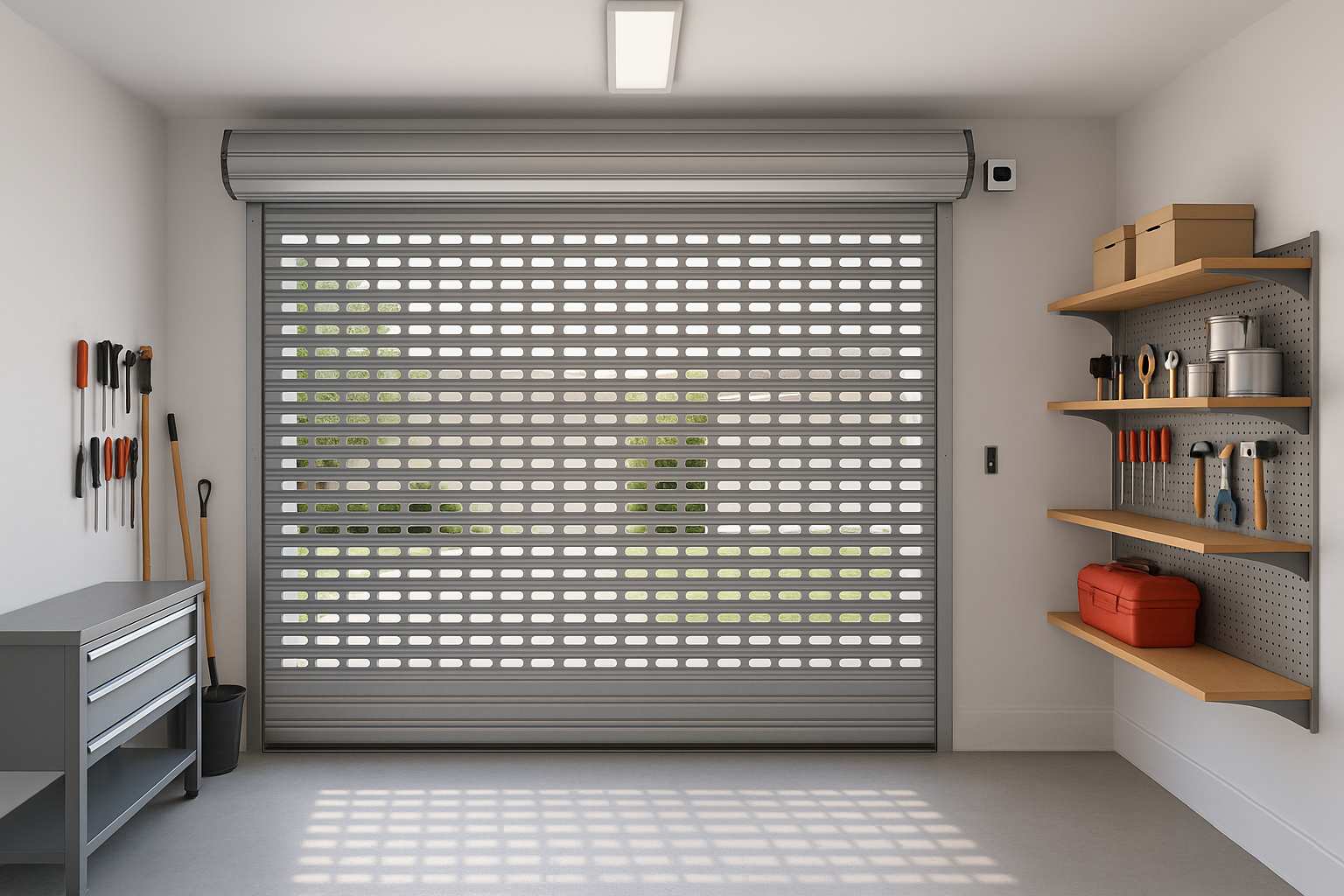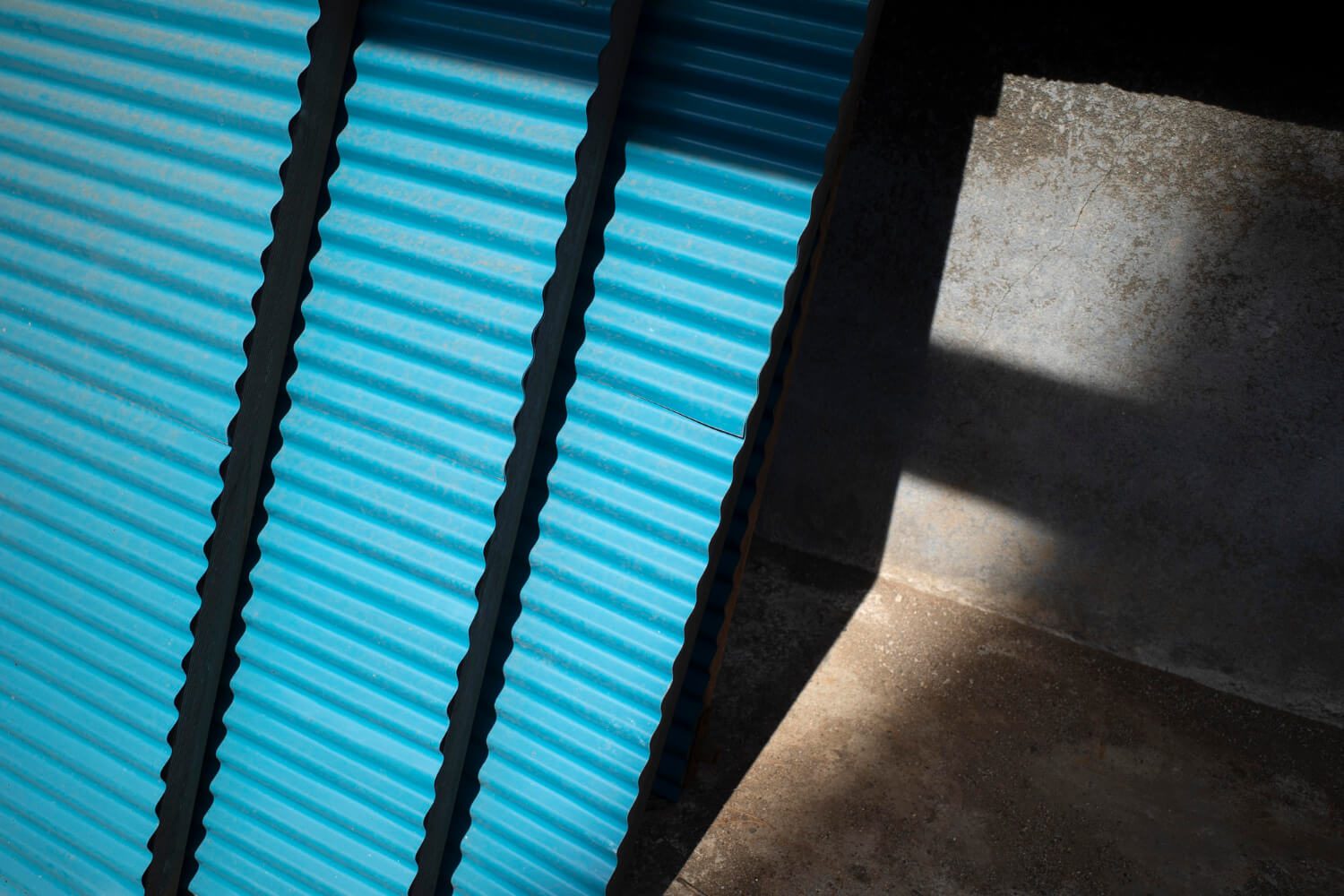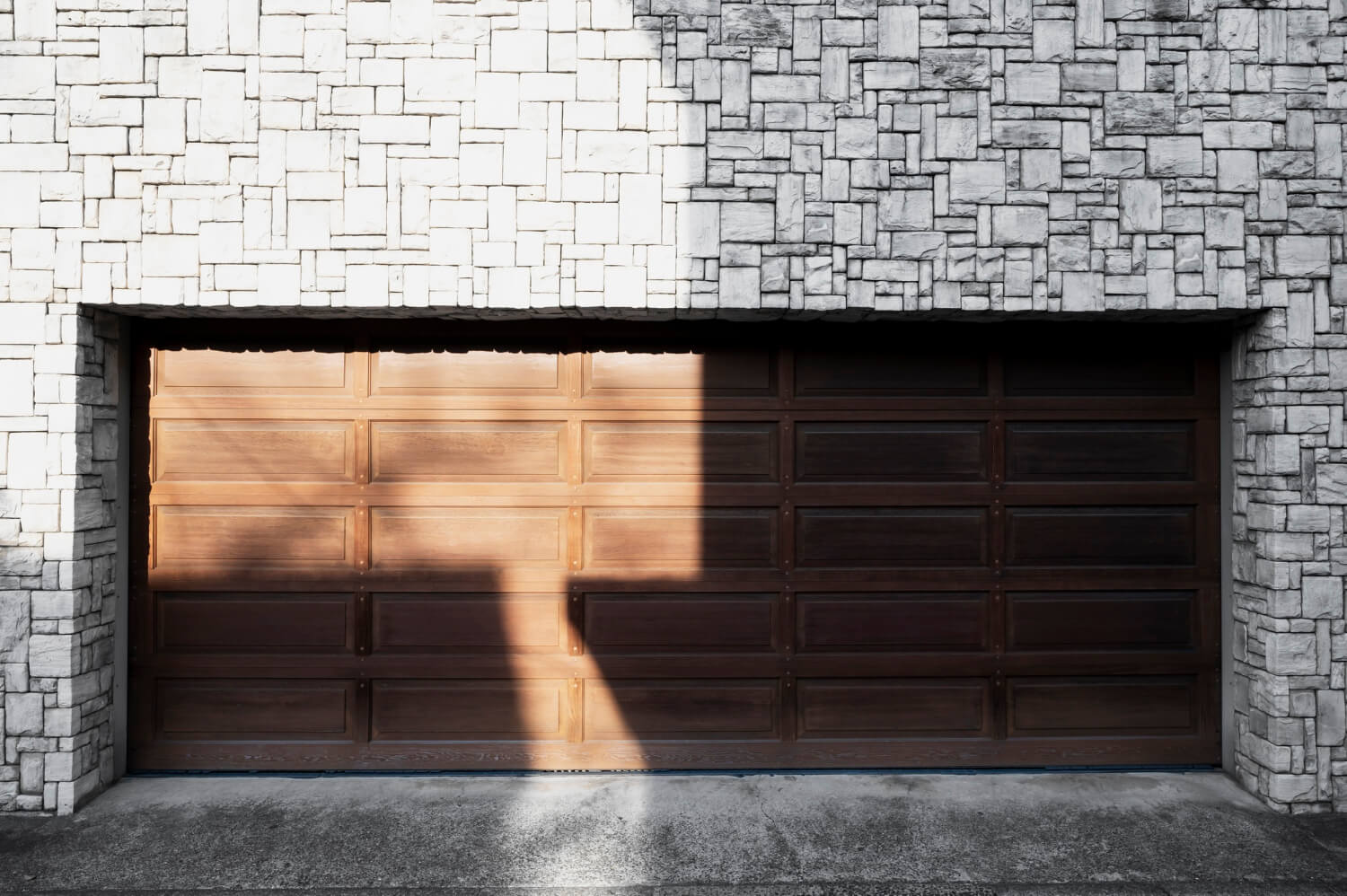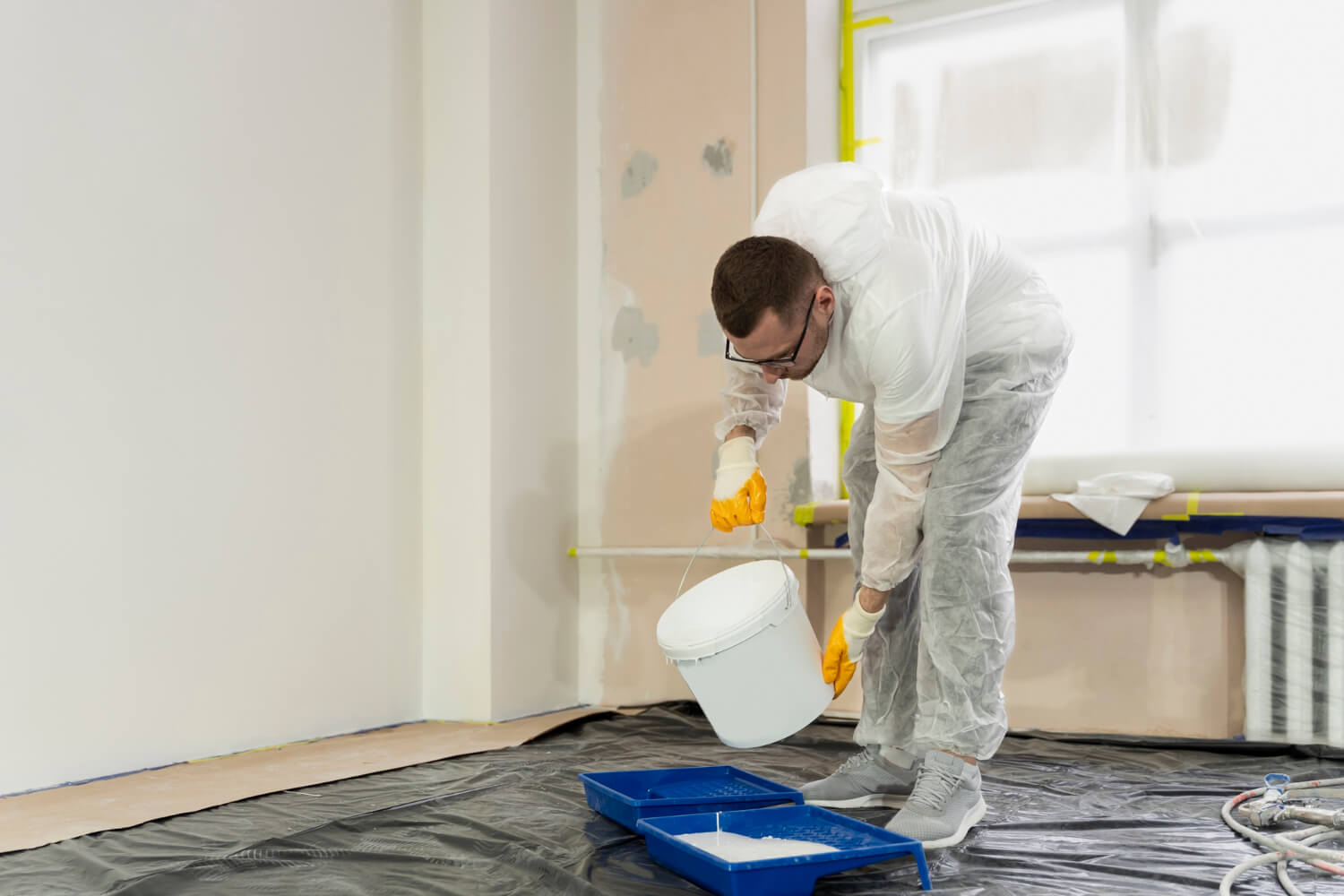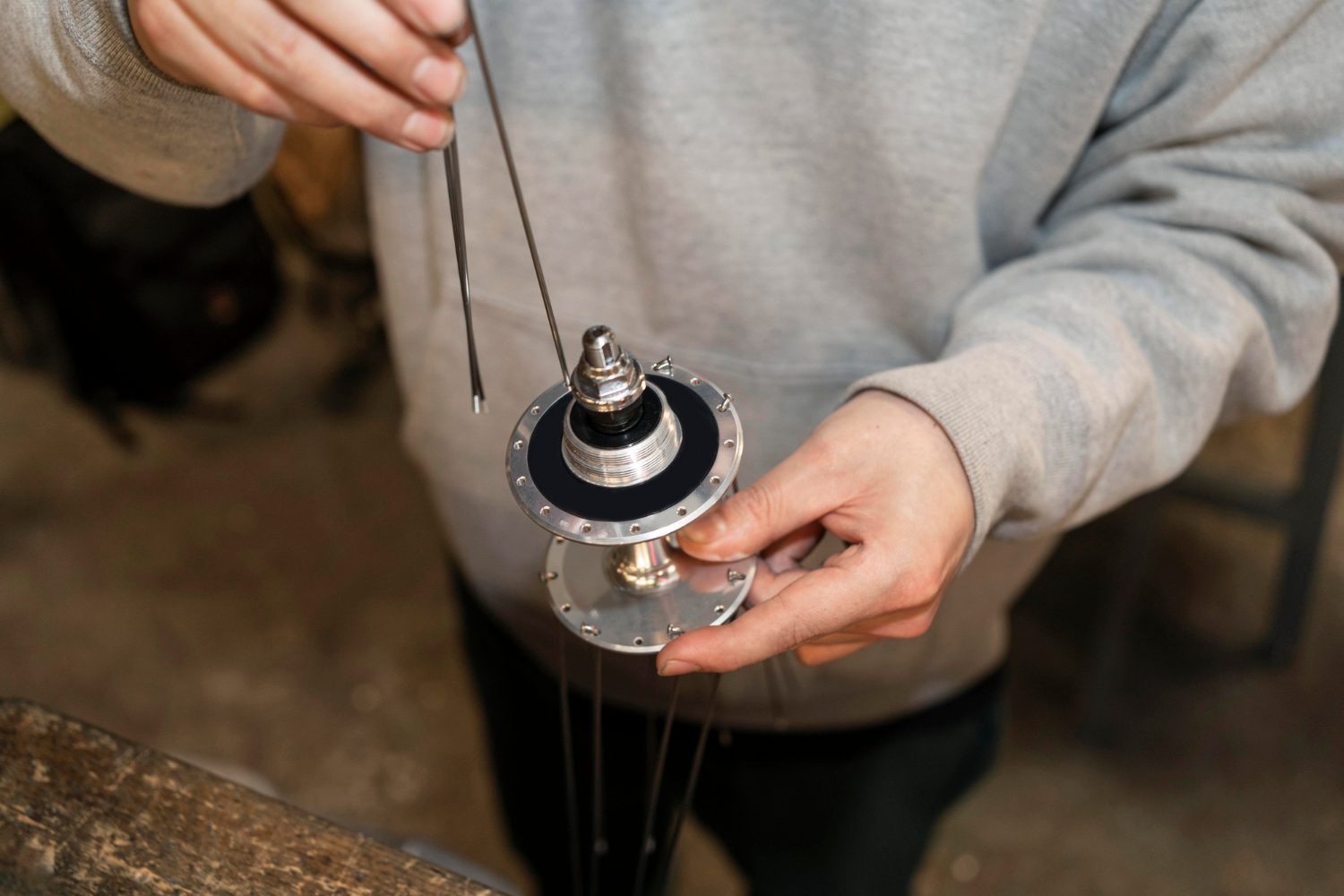Like most homeowners, your garage door is probably the first thing you notice when you pull into the driveway. It’s a big part of your home’s exterior and has a huge impact on its overall appearance.
A garage door makes a statement, protects your belongings, and boosts your home’s aesthetics. You don’t want it to clash with your style or stand out for the wrong reasons.
Choosing the right garage door material is one of the biggest decisions you’ll make. The material affects not only how your door looks but also how long it’ll last, how much maintenance it’ll need, how well it insulates, and how secure it is.
With options ranging from steel to wood and more, picking the perfect material can feel a bit overwhelming. So, how do you know which one is best for you?
That’s where we come in. Each garage door material comes with its own set of benefits and drawbacks. Understanding these can help you make the smartest choice for your home and lifestyle. In this guide, the Filip’s Garage Door team will walk you through all the options and help you find the perfect fit.
Understanding Your Needs
Before diving into the different types of materials, it’s important to think about what you need from your garage door. Are you looking for something low-maintenance and easy to care for, or do you need a door that can handle the tough and unpredictable Australian weather?
Maybe energy efficiency is your top priority. Or perhaps you want a door that’s tough enough to keep your belongings safe from intruders.
By clearly identifying your priorities, you can quickly narrow down your choices and focus on the materials that best match your needs.
Popular Garage Door Materials
There are several popular garage door materials to choose from. However, each has a unique set of benefits and potential drawbacks.
1. Steel Garage Doors
Steel is one of the most popular choices for garage doors, and it’s easy to see why. It’s strong, durable, and relatively low maintenance. Plus, steel garage doors are available in an endless number of design options and can be insulated to improve energy efficiency.
Pros:
- Because steel doors can handle a fair bit of rough and tumble, they’re perfect for busy households.
- Unlike wood, steel does not require regular painting or resealing.
- Steel garage doors are generally more affordable.
Cons:
- Steel can dent if hit hard enough. If you have children who like to play ball in the driveway, this is something to consider.
- In coastal areas or places with a lot of rain, steel garage doors can rust if not properly treated.
2. Wooden Garage Doors
There’s something undeniably charming about a wooden garage door. With a range of wood types, overlay carriage house designs, and customisation choices, wooden garage doors can be a stylish addition to your home.
Pros:
- Wood has a natural, timeless beauty that’s hard to beat.
- Wooden doors can be easily customised with different designs, stains, and finishes.
Cons:
- Wood requires regular upkeep to protect it from the elements. Otherwise, it will begin to fade, rot, warp, or chip.
- It’s best to avoid wooden garage doors if you live in an area with extreme weather. Drastic changes in temperature and frequent contact with moisture can cause wood to expand and warp.
- Wood garage doors are heavier, which can put more strain on your garage door opener over time.
- Wood tends to be more expensive than steel or aluminium.
3. Aluminium Garage Doors
Aluminium garage doors are similar to steel but tend to be lighter and more resistant to rust. It’s also great at resisting UV rays and prevents fading or deterioration over time.
Pros:
- Being lightweight, aluminium garage doors are easier to operate and put less strain on the automatic opener.
- Aluminium is rust-resistant, which makes these doors a great choice for coastal areas or places with high humidity.
- Aluminium garage doors often have a more sleek, contemporary look.
Cons:
- Like steel, aluminium can dent more easily than some other materials.
- Aluminium is not as energy efficient as insulated steel or wood.
4. Fibreglass
Fibreglass garage doors are a great alternative to wood, as they closely replicate its natural grain texture. However, fibreglass does not shrink, warp, or crack. If you want the look of a wooden garage door without all the maintenance, fibreglass is an excellent choice.
Pros:
- Fibreglass does not dent like steel or aluminium.
- These doors are semi-transparent and can let natural light into your garage.
- Fibreglass does not contract or expand from temperature changes.
- There’s hardly any maintenance involved.
Cons:
- Fibreglass can fade over time when exposed to harsh sunlight.
- You cannot repair damaged fibreglass- the only option is to replace the door.
- Fibreglass can crack or yellow with age.
Climate Considerations
Australia has a wide range of climates, so picking the right garage door material depends on where you live. Different areas have different needs, and choosing a material suited to your specific climate will ensure your garage door lasts longer and performs better.
Coastal Areas: If you live near the coast, you need something that can handle salty air and moisture without rusting or corroding. Aluminium or fibreglass doors are great options for these conditions because they resist rust and won’t deteriorate over time.
Hot Climates: In hotter regions, your garage door should stand up to intense sunlight without warping, fading, or cracking. Steel garage doors with a UV-resistant finish are a solid choice.
Cold Climates: An insulated garage door is a smart pick if you’re in a colder area. Steel and wood doors offer better thermal efficiency, which is especially important if your garage is attached to your home or you spend a lot of time working there.
Maintenance Requirements
Different garage door materials have different upkeep needs. It’s important to pick one that fits your lifestyle.
In case you prefer a low-key, hassle-free approach, materials like steel, aluminium, or fibreglass are your best bet. All they need is an occasional wash with soapy water, and they’re good to go.
On the other hand, if you love the look of wood and don’t mind putting in some effort, you can go for wooden garage doors. Remember, you’ll need to re-stain or repaint it every few years, as well as inspect it periodically to catch any early signs of rot or damage.
Security and Durability
Garage doors are one of the most common entry points for burglars. Hence, the garage door material you choose plays an important role in how secure it is.
Steel and solid wood doors are some of the best options for security. They’re tough, durable, and not easy to break into. Both provide an extra layer of protection for your home. Additionally, you can fortify them further with the right locking mechanisms.
Cost Considerations
Finally, there’s the matter of cost. Your budget is going to play a big role in deciding which garage door material to go with. The good news is that there’s something out there for every price range.
- Steel and aluminium are generally the most affordable options.
- Vinyl and fibreglass doors are more moderately priced.
- Wooden garage doors are typically the most expensive.
While it’s tempting to base your decision purely on price, we recommend considering other factors like durability, maintenance, and how well the material fits your home’s style and needs. Since a garage door is a long-term investment, it’s worth spending a little more now to get something that will serve you well for years to come.
Talk to Our Garage Door Installation Experts Today
Picking the best material for your garage door isn’t a one-size-fits-all decision. It depends on your specific needs, style preferences, and budget. By considering the factors we’ve discussed, you can make a well-informed decision hassle-free!
Do you need more help deciding on the best garage door materials for your home? Consult the technicians at Filip’s Garage Doors today! With over 26 years of industry expertise, we’re committed to offering personalised service and guidance every step of the way. Reach out to us today!


